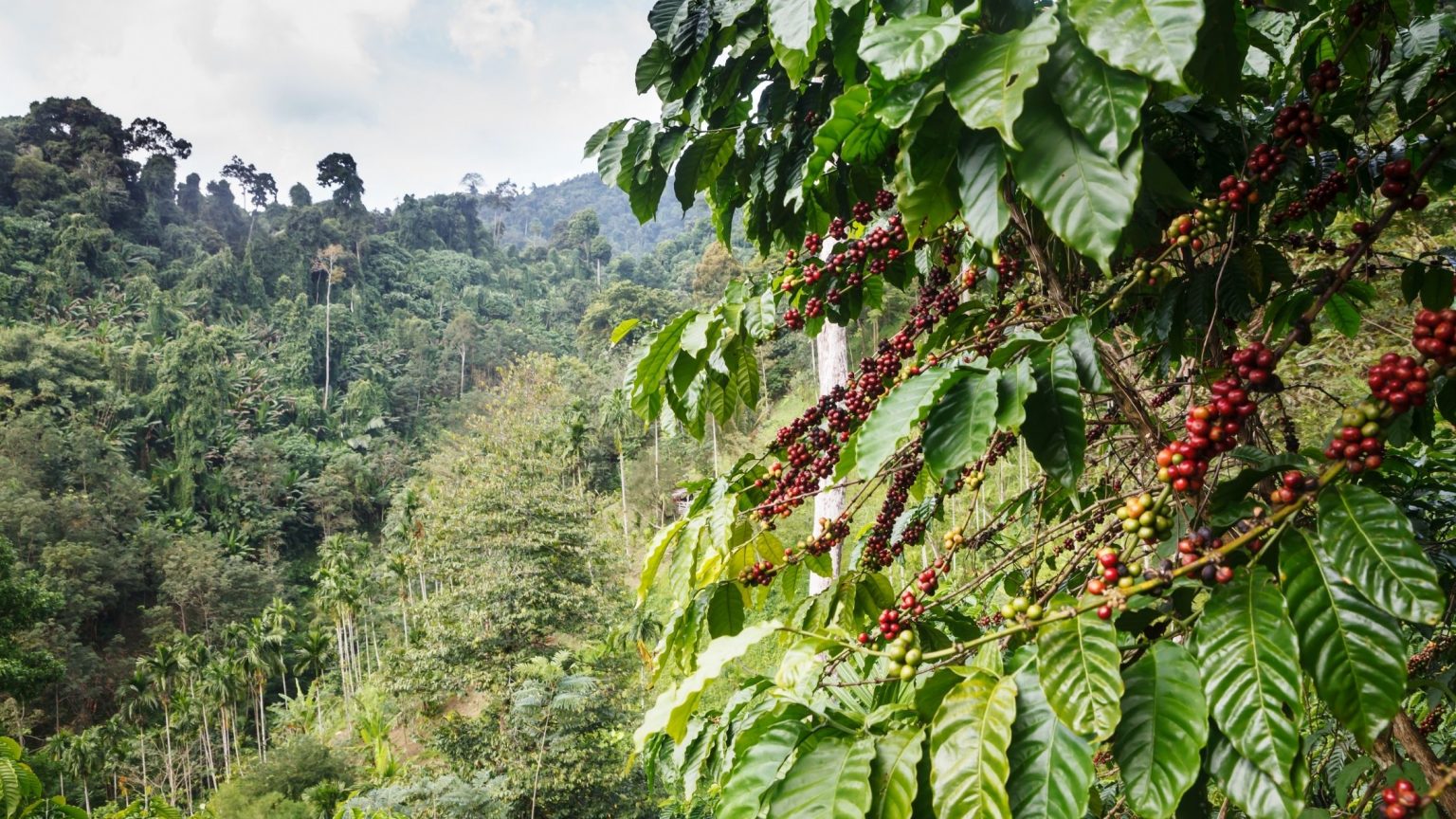Global Impact

Written by Ari Cohen
Crude Oil, Natural Gas, Gold, Wheat… and Coffee? Although strange, all these things have a major thing in common: they’re the world’s most traded commodities. In fact, Coffee is the world’s second most traded commodity, after Crude Oil. It is an essential part of the world economy and helps shape the economic makeup of different countries around the world. However, the value that is attached to coffee is almost entirely a social construct. Coffee is such a loved and important product of the world that its sale helps power not only local economies but the entire world trade network.
In Ethiopia, about 60% of foreign income comes from Coffee and according to Thomas Ofcansky, about 15 million residents in Ethiopia rely on the industry to keep their livelihood afloat in order to support their families. In Vietnam, the decreasing cost of Coffee prices have significantly affected their agriculture market and made it harder for poor farmers to break out of poverty. If the Coffee market was to stagnate globally the consequences for coffee farmers around the world would be devastating.
In fact Coffee is such an important part of the world that the University of Hertfordshire in the United Kingdom has a self-proclaimed “Coffee Historian.” Professor Jonathan Morris claims that “coffee helped save the world” and has written books and hosted podcasts based on the idea that the history and impact of Coffee is worth preserving and studying.
The rise of coffee also came along with the rise of the coffeehouse. The coffeehouse was more than just a place that sold a product. It was a place where people could exchange ideas and relax. In fact, according to Adam Cole, a writer for NPR, parts of both the American and French revolution were planned in coffeehouses.
Coffee does not just have an economic global impact, but Coffee has a large role in many different cultures throughout the world. In Arab countries Coffeehouses are places where people meet to socialize over games and water pipes. However, in Austria coffeehouse culture is significant because it is a place where people can be alone and relax. In Spain, Coffee is drunk at the end of every meal, and is a staple of the Almuerzo, the middle of the day large meal.

Coffee has become such an important part of global cultures that the differences in the way it is consumed throughout the world can teach us a lot about individual cultures. It is a special drink and every country is proud of what they can add to the industry. For example, in Italy espresso dominates the coffee market while in Mexico it is the Cafe de Olla.
Another, indirect benefit of the rise of Coffee was that it helped decrease the importance of Alcohol. Before we had modern water filtration techniques, water was ridden with disease and was often unsafe to drink. As a result, beer and other alcoholic drinks were the most popular drink of the day. However, according to historian Mark Pendergast, “Coffee caused the world to sober up” and provided an alternative that could keep people alert and awake.
The versatility of the drink also allows a common link between cultures and countries. Although the style of consumption varies by location the ability to compare and contrast different styles allows for a blending of cultures that diplomacy could never achieve. The Cafe au Lait is a staple among American cafes, although it was derived in France. An Americano can be found in most cafes around the world, even though it was first created in the United States. Food and drink have always been a great way for cultures to influence each other, and Coffee is one of the prime examples of that being successful.
Although coffee has added a lot of good to the world it has also been a driver of colonialism and environmental destruction. This has made ethical practices and fair trade farming even more important. For an industry that dominates so many different local economies and is the world’s second largest commodity it is essential to support local coffee farms and sustainable practices. Coffee needs to be preserved and by keeping it as a bridge between cultures small poor coffee producers can flourish.